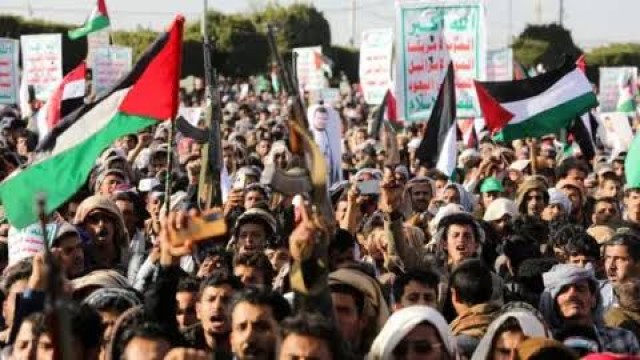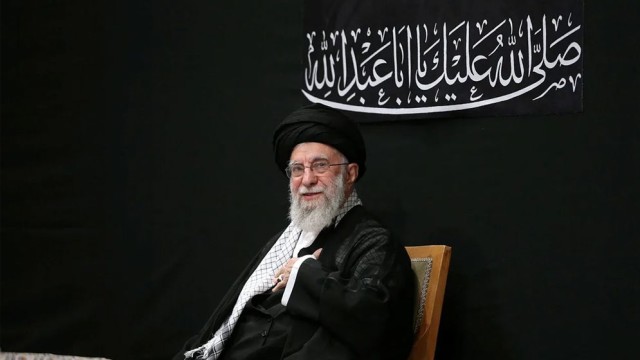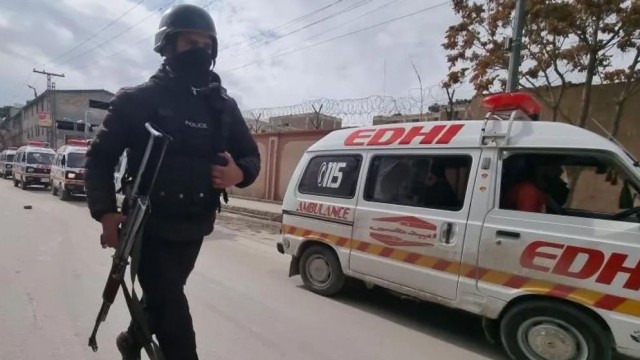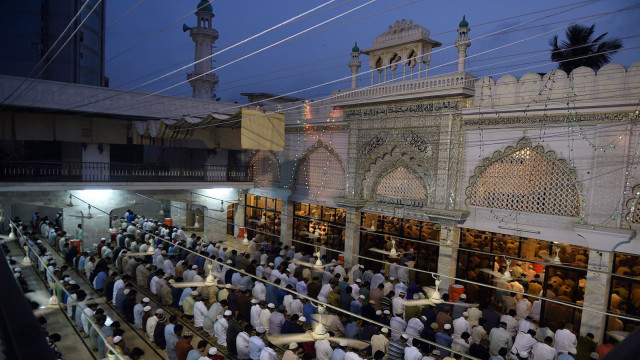Lebanon's Hezbollah and Yemen's Houthi armed groups have signaled their willingness to halt attacks under certain conditions, amidst efforts to establish a ceasefire in the Gaza Strip conflict.
Hezbollah, known for its militant activities targeting Israel, stated its readiness to refrain from further aggression if a ceasefire is achieved in Gaza. A leader of the group affirmed that they would respect Hamas' decision regarding the ceasefire proposal, indicating a potential cessation of military operations in Lebanon's southern region.
Simultaneously, Houthi spokesman Mohammad Abdul Salam conveyed a similar sentiment, suggesting an end to attacks on commercial ships in the Red Sea if a ceasefire is realized in Gaza. Salam emphasized the importance of humanitarian aid delivery and normalized relief efforts in Gaza as a condition for their ceasefire consideration.
However, another senior Hezbollah leader emphasized that the group's commitment to ceasefire depends on Israel's compliance and cessation of airstrikes on Lebanon during the ceasefire period.
Efforts to broker a ceasefire have been ongoing, with officials from Israel, Qatar, Egypt, and the United States meeting in Paris to discuss potential solutions. Proposed ceasefire terms reportedly include provisions for humanitarian aid delivery and reconstruction efforts in Gaza, with Hamas leaders reviewing a draft 40-day ceasefire proposal.
Since the onset of the Gaza conflict, Hezbollah has launched rockets and missiles into Israeli territory in solidarity with Hamas, while Iran-backed Houthi rebels have conducted drone and missile attacks on ships in the Red Sea, disrupting maritime routes. The involvement of these groups adds complexity to international efforts to resolve the Gaza crisis.
The ceasefire negotiations continue amidst escalating tensions and humanitarian concerns in the region, with hopes for a cessation of hostilities and meaningful progress towards peace and stability.































Comment: